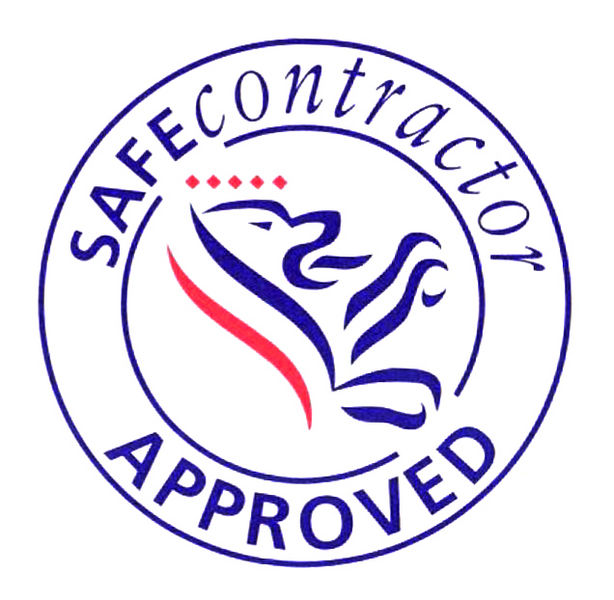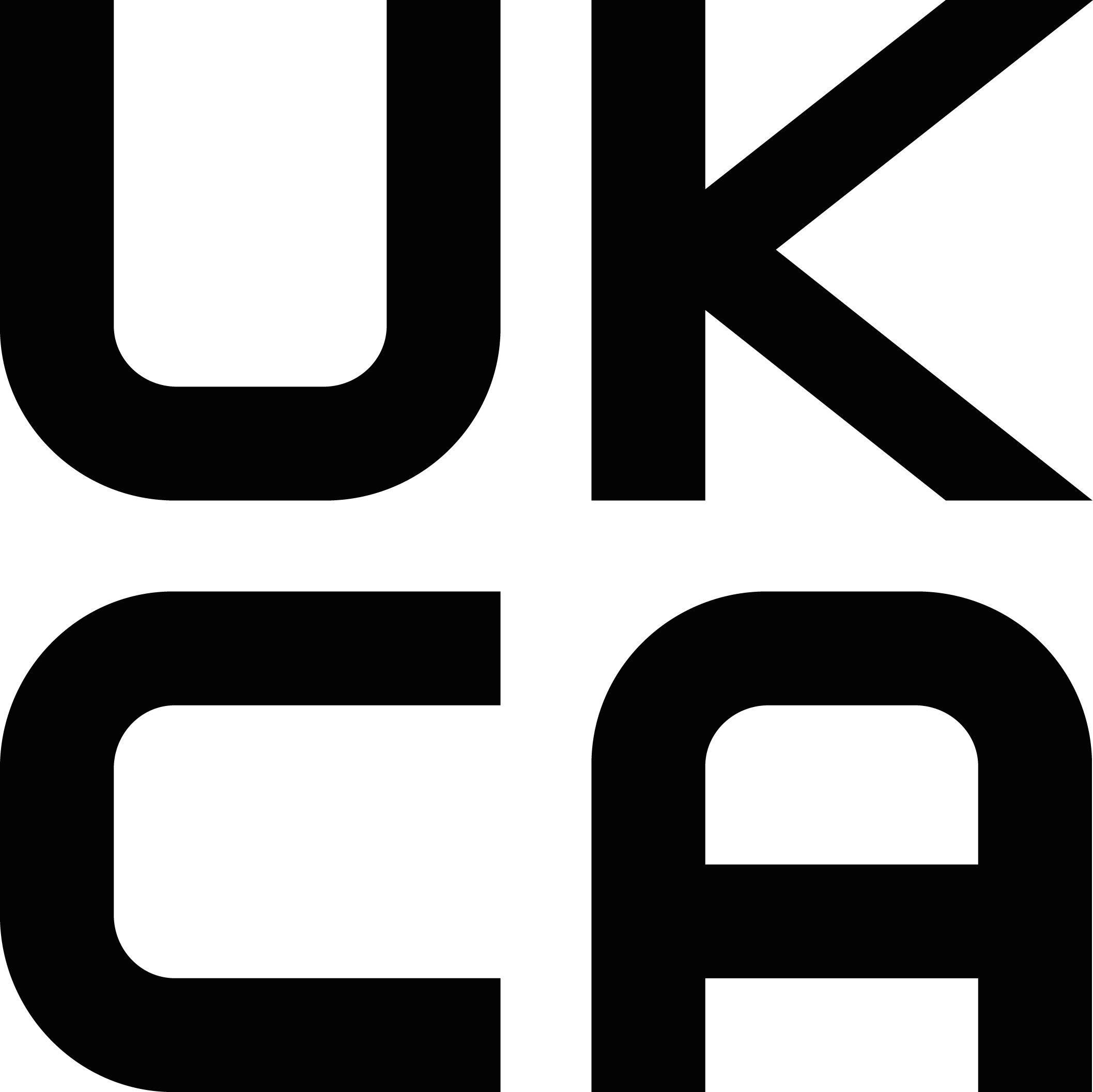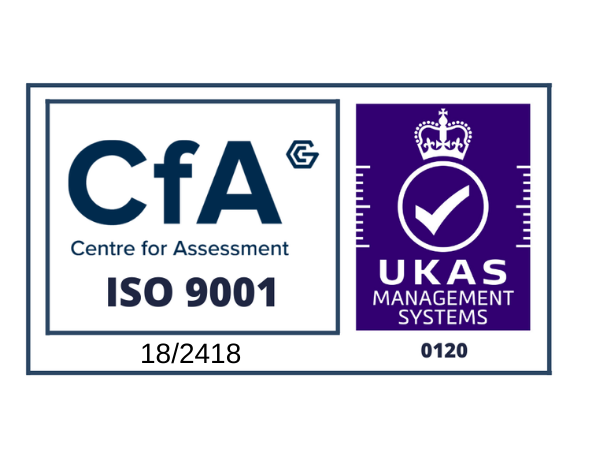The world of steel fabrication
Forged strength: Exploring the world of steel fabrication
What is Steel Fabrication?
Steel fabrication is the process of shaping raw steel into predefined shapes that can be used in various applications. It typically involves cutting, bending, and assembling steel parts to create structures or products. Fabricators use specialised machinery and expert tools to mold steel according to design specifications, resulting in long-lasting and high-quality products. Industries such as construction, automotive, and manufacturing, benefit greatly from steel fabrication as they're able to meet industry standards much easier.
The process of steel fabrication usually starts with an expert creating a detailed model of the final product or structure. This acts as a blueprint that helps guide welders during every stage.
The Key Factors of Steel Fabrication:
Precision is a key factor when working with steel. This is because, it helps to guarantee the structural integrity of the final product. Fabricators must closely monitor the welding process to avoid defects that could compromise the strength of the steel components.
Another key factor is the fabricators themselves. Fabricators are experts in what they do and they play an important role in manufacturing steel components. Their expertise and attention to detail makes sure that the fabricated components meet specifications and quality standards.
Why Steel is Such a Popular Material?
Steel is popular in fabrication because of its strength and versatility. It can withstand heavy loads and harsh environmental conditions, making it ideal for various uses. Structural steel fabrication contributes significantly to construction projects by providing strong and reliable structural components such as beams, columns, and frames.
What's more, is that steel offers several other benefits,including cost-effectiveness, faster project completion, and ease of modification. It's also an environmentally friendly for construction projects as steel is a material that can be re-used and recycled without losing quality.
Advanced Tools Used in Modern Steel Fabrication:
- Laser cutting: Laser cutting is used in many modern steel fabrication processes as it allows for precise steel cutting. It enables fabricators to create intricate designs with a high level of accuracy.
- Bending rolls: Bending rolls are vital tools in steel manufacturing for producing curved or angled steel sections. Bending rollers are used to shape steel plates or sections into different shapes. This improves the overall aesthetics of the finished product.
- Automation: It is safe to say that automation has transformed the way businesses work. And that is no different when it comes to fabrication companies. Automated machinery such as CNC machines enable fabricators to streamline production as well as achieve consistent quality.
Quality Management in Steel Fabrication:
Quality management is extremely important in steel fabrication. Fabricators need to adhere to strict quality management practices and industry standards to deliver products that are safe. This means quality assurance measures are vital during every stage.
To take it one step further, fabricators work closely with suppliers to ensure prompt delivery of high-quality steel materials for fabrication. By establishing strong supplier relationships, it allows fabricators to get high-quality steel supplies that satisfy the customer's standards.
Another important aspect is close monitoring and inspection. Fabricators implement quality control procedures to address any defects and ensure the reliability and performance of the final products.
Sustainability in Steel Fabrication:
With the growing focus on sustainability, fabricators have begun to adopt much more eco-friendly practices to reduce their environmental impact. One way that fabrication companies are improving their sustainability is by investing in energy-efficient equipment and processes. This helps to lower their carbon footprint and contribute to a cleaner environment.
Another important aspect of sustainability in steel fabrication is recycling materials and reducing waste. By using recycled steel and scrap metal in production processes, companies can reduce the demand for raw materials and decrease the amount of waste sent to landfills. Implementing recycling programs and waste reduction initiatives can help steel fabrication companies operate more sustainably and responsibly.
Why Choose Bradfabs For Your Steel Fabrication Projects:
At Bradfabs, we have over 30 years of experience working with bespoke balconies. Whether it’s for schools, homes, or commercial properties, we’ve worked on a wide range of projects. This means if you choose to work with us, you’ll know your property is in good hands.
We understand that every property is unique, which is why we offer a fully customisable service to make sure we turn your vision into a reality. Our experienced team work closely with you to understand your requirements and needs. We also handle everything from the initial concept to the final installation.







